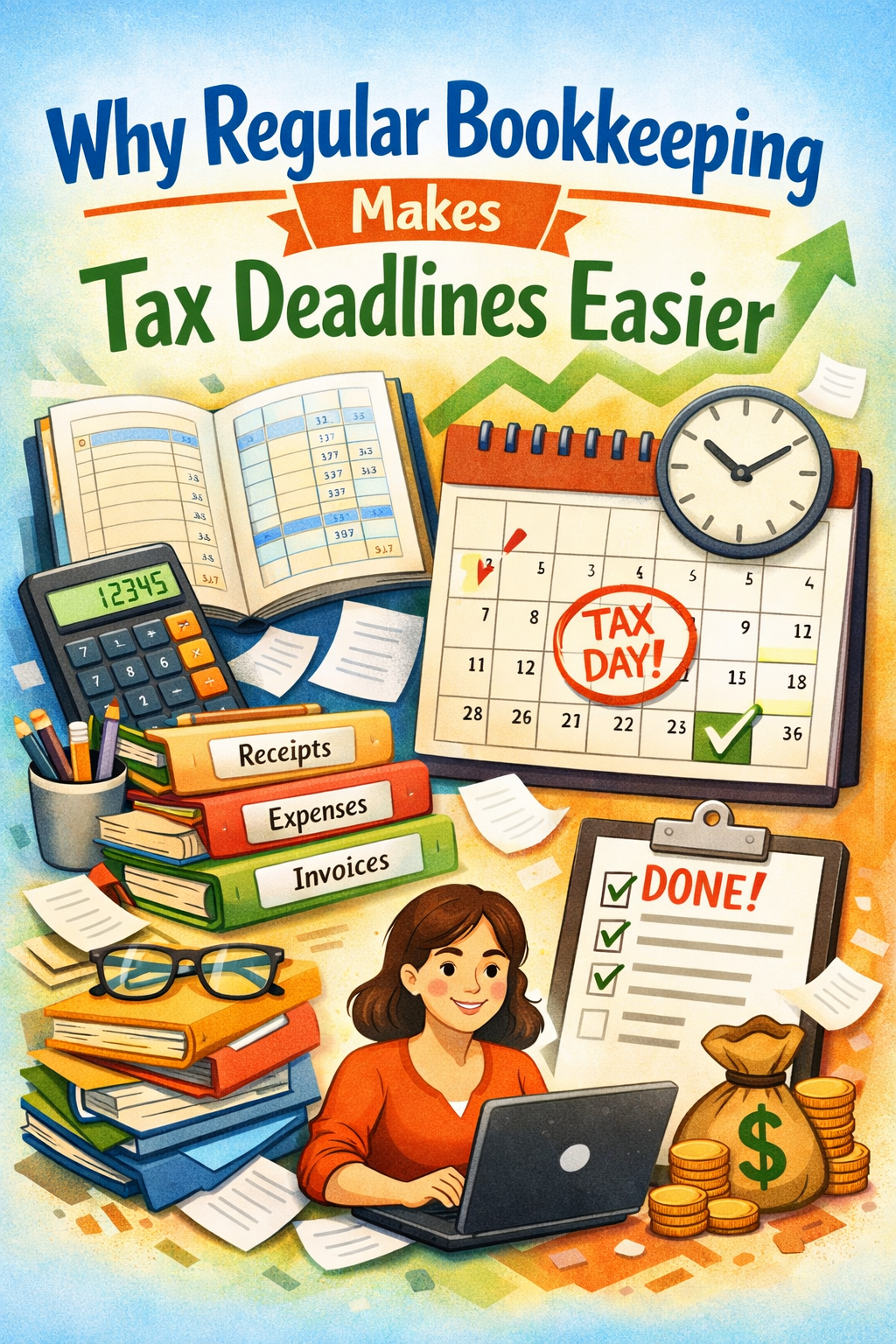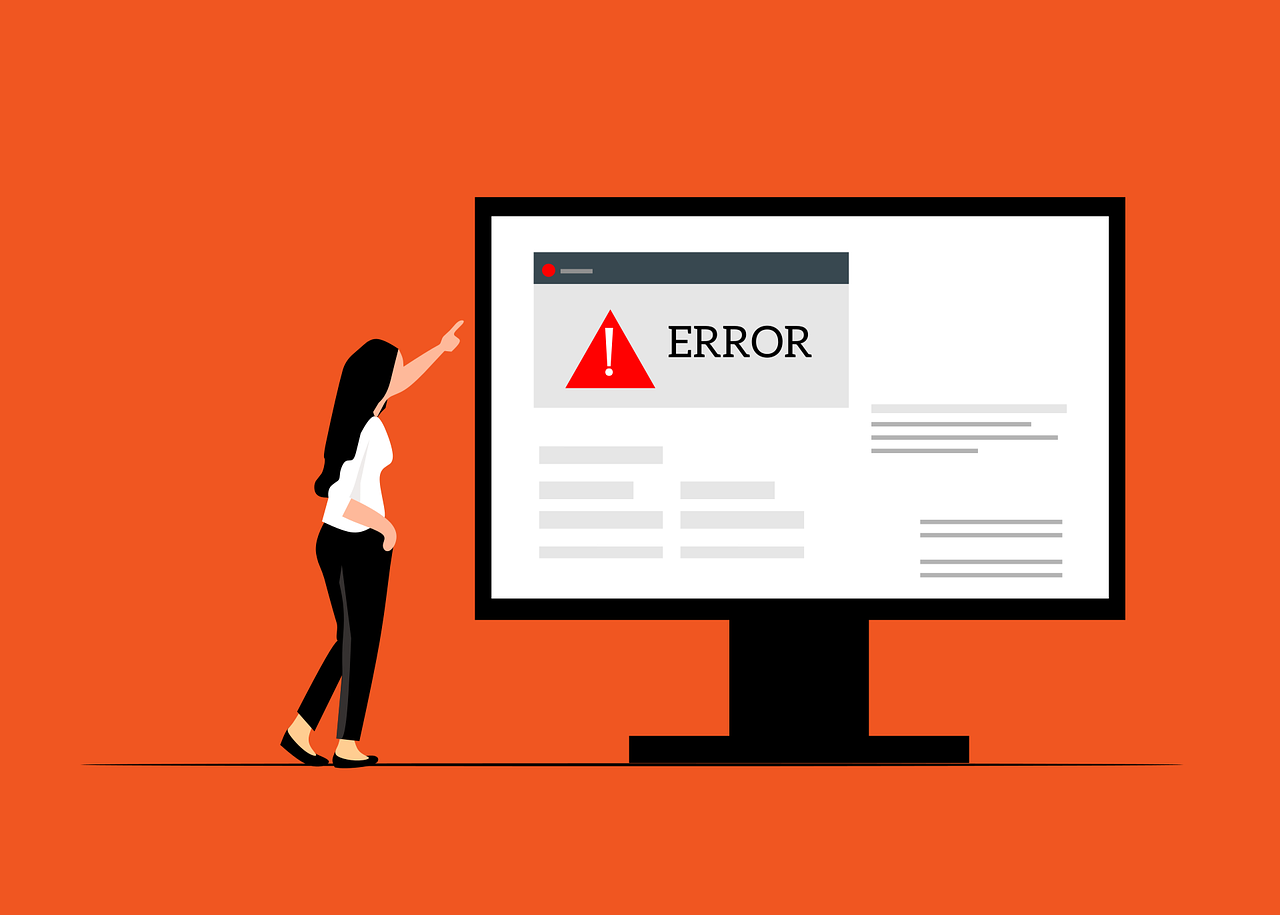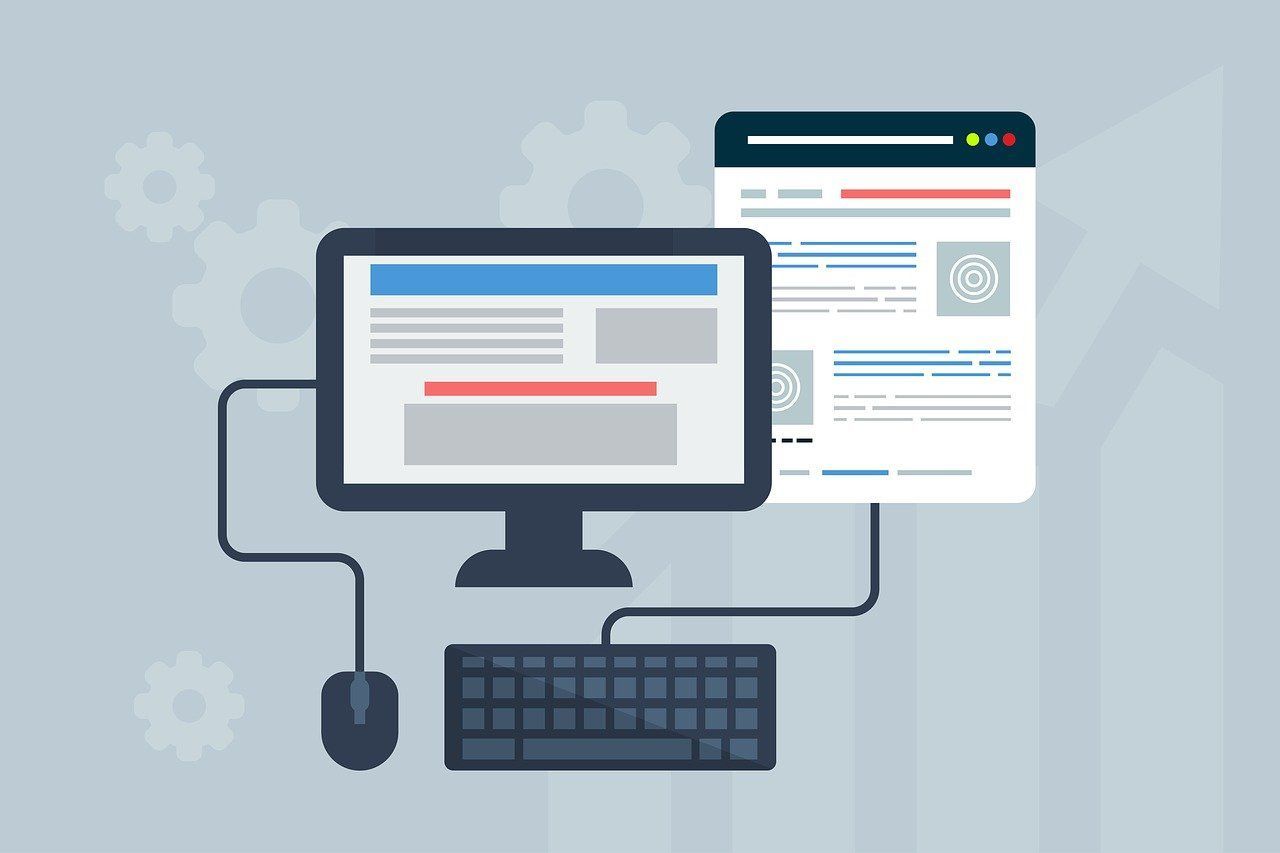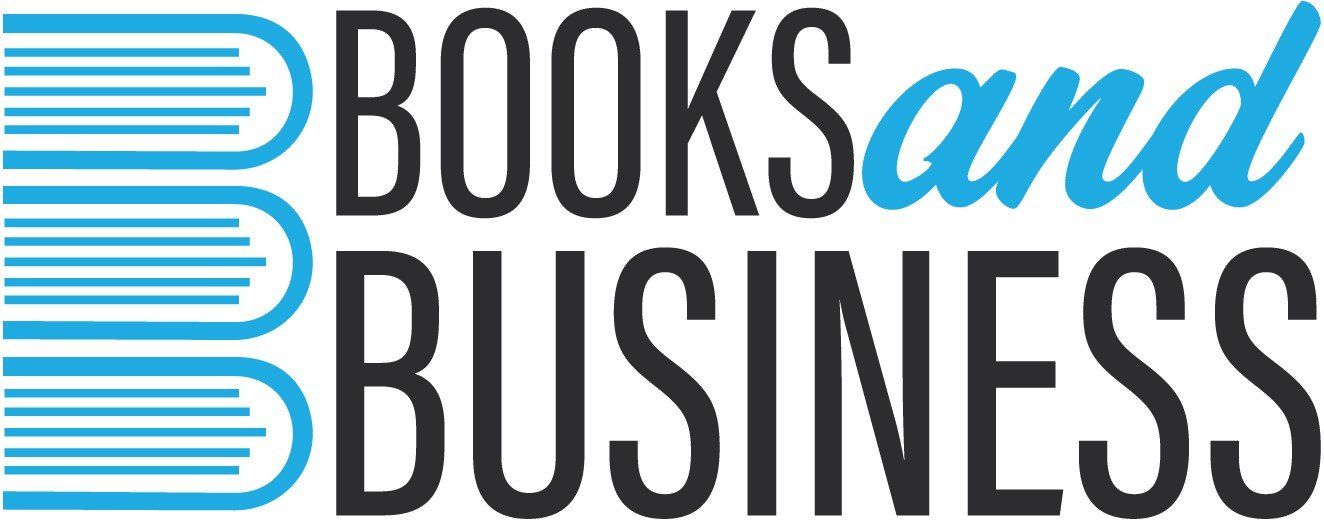Bookkeeping, VAT & Compliance
for business owners who want clarity and control
We work with sole traders, contractors, and small businesses who value well-organised finances, clear systems, and compliance done properly.
If you want your bookkeeping kept in good order, deadlines met, and the reassurance that everything is being handled with care you’re in the right place.
At Books & Business, we provide reliable, jargon-free bookkeeping, VAT, CIS, and tax support so you can stop worrying about the details and focus on running your business.

Is Books & Business right for you?
We’re a great fit if you:
- want bookkeeping handled properly, not rushed at the last minute
- value clear systems and professional support
- understand the importance of compliance and good financial records
- are happy to invest in support that saves time, stress, and costly mistakes
If you’re only looking for the cheapest option or want to “just file something”, we may not be the right match and that’s okay.
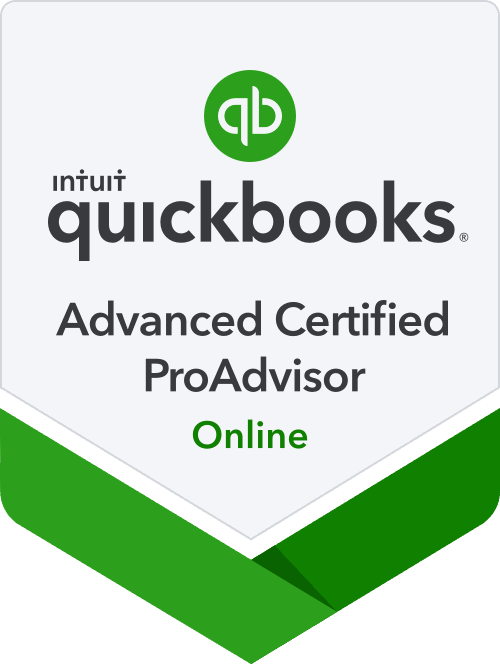
Certified QuickBooks ProAdvisor with 25+ years' experience
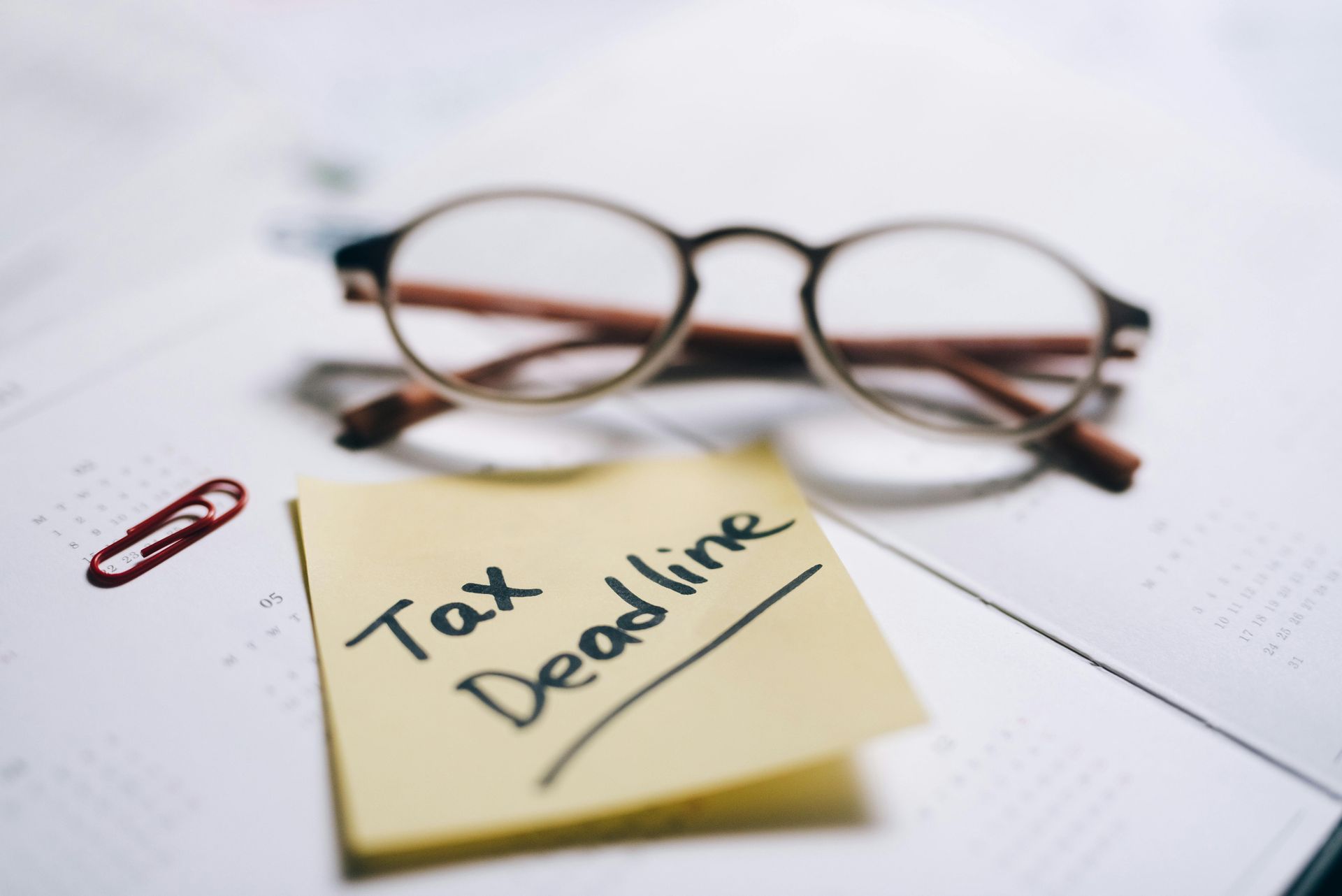
Our bookkeeping services include:
- Day-to-day bookkeeping and reconciliations
- VAT returns and CIS returns
- Invoicing and credit control
- Self Assessment tax return preparation
- QuickBooks setup, training, and clean-up
Whether you’re keeping on top of things monthly or catching up on overdue bookkeeping, we make sure your records are well-organised, compliant, and stress-free.
Why choose Books & Business
No last-minute surprises
Monthly bookkeeping keeps your finances up to date all year, not just at deadlines.
Clear, jargon-free guidance
You’ll always understand what’s happening with your numbers.
Proactive support
We chase missing receipts, invoices, and bank information so nothing gets overlooked.
Flexible service
Local, face-to-face support across Surrey or fully online if you prefer.
Qualified & approachable
AAT Level 4 qualified, QuickBooks Certified ProAdvisor, and Dext Partner, with over 25 years’ experience.
What We Stand For
Clarity – Simple, clear numbers you can understand
Reliability – Deadlines met, every time
Approachability – Friendly, down-to-earth support. No question is too small
Learn more about our values → About Us
Professional credentials & trusted tools
We work with modern, secure bookkeeping software to keep things efficient and organised.
- AAT Level 4 qualified
- QuickBooks Certified ProAdvisor
- Dext Partner
Using tools like QuickBooks and Dext means your records stay organised, information is easy to share,
and bookkeeping fits smoothly around your business.
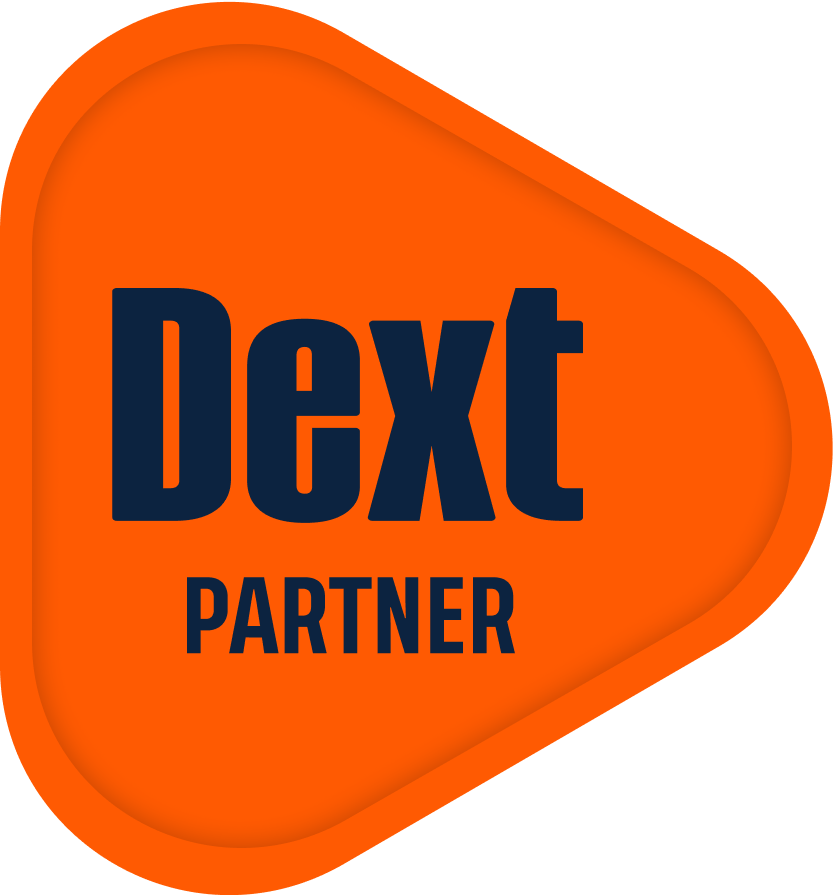
Dext software Partner
We use Dext to make bookkeeping effortless, simply snap a photo of your receipts and we’ll take care of the rest, keeping your records organised and up to date.
AAT Level 4 qualified
AAT Level 4 qualified, providing professional bookkeeping and accountancy support with knowledge, care, and attention to detail.
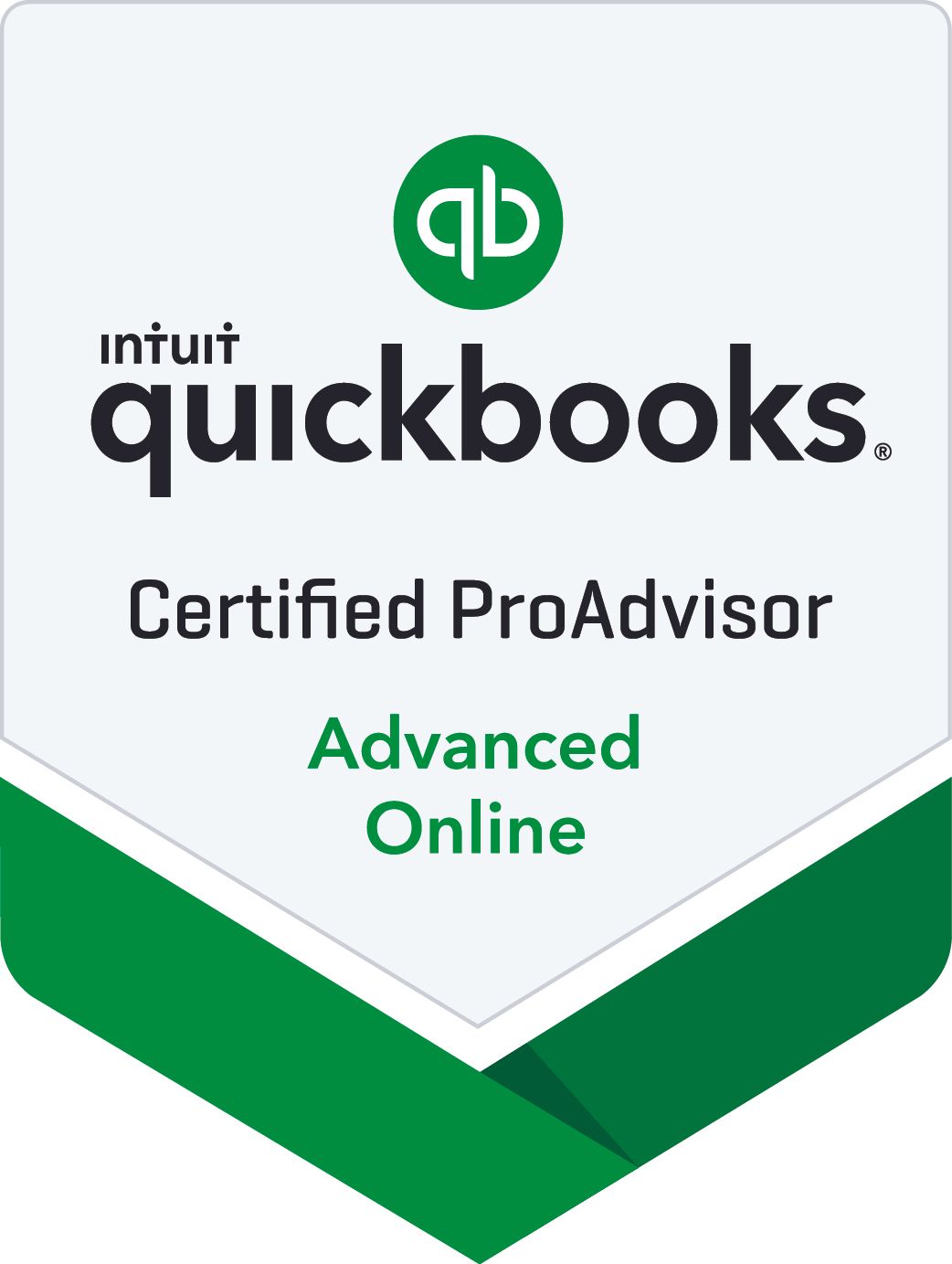
QuickBooks Certified ProAdvisor
QuickBooks Certified ProAdvisor with over 25 years’ experience using the software, helping clients streamline their bookkeeping and work more efficiently.
Straightforward bookkeeping packages
We offer clear, structured packages designed for business owners who want their finances handled properly and transparently.
Whether you’re a sole trader, consultant, or running a growing limited company, we’ll keep your books in good order and compliant — with fixed fees agreed upfront and no hidden surprises.
Essential package
Ideal for sole traders and small businesses who want the essentials handled properly.
- Monthly bookkeeping
- VAT return preparation & filing
- secure document upload
Peace of mind that your books and VAT are kept up to date.
Complete
For business owners who want more support and regular oversight.
- Everything in Essential
- Personal tax return
- Regular monthly check-ins
Comprehensive support to keep everything running smoothly and on track.
Ready to get your bookkeeping under control?
Whether you’re based locally in Surrey or working remotely anywhere in the UK, we’d love to help.
Book your free 15-minute discovery call
No pressure. No jargon. Just a clear conversation about how we can support your business.
What our Clients Say;
Testimonial
Vivian and her team are always on hand to help with any queries we may have regarding our accounts and always respond quickly. At the end of each month, they work efficiently in getting it closed for the month. The most valuable part of the service is the helpfulness of Vivian and her team to resolve any queries or issues we may have. We would recommend Vivian to others, as she streamlines the process of bookkeeping and they are a great asset to our business month on month.
B Riley, Operations Manager Electrical company. July 2025
Get started today
If you’re ready to have your bookkeeping handled properly, with clear systems and professional support, we’d love to help.
Book your free 15-minute discovery call to see whether we’re a good fit and how we can support your business going forward.
Book your free 15-minute
discovery call
No pressure. No jargon. Just a clear conversation.
Testimonial
Just finished my digital accounts training, it provided insightful info to understand the business and provide practical advice. The excellent teaching skills made complex concepts easy to grasp, empowering me to streamline my accounts and save both time and money. If you're looking to boost your business acumen while keeping up with the latest information, this is value for money! Highly recommend this training for anyone eager to enhance their financial efficiency.
K Russell, Business Transformation & Coaching. July 2025

